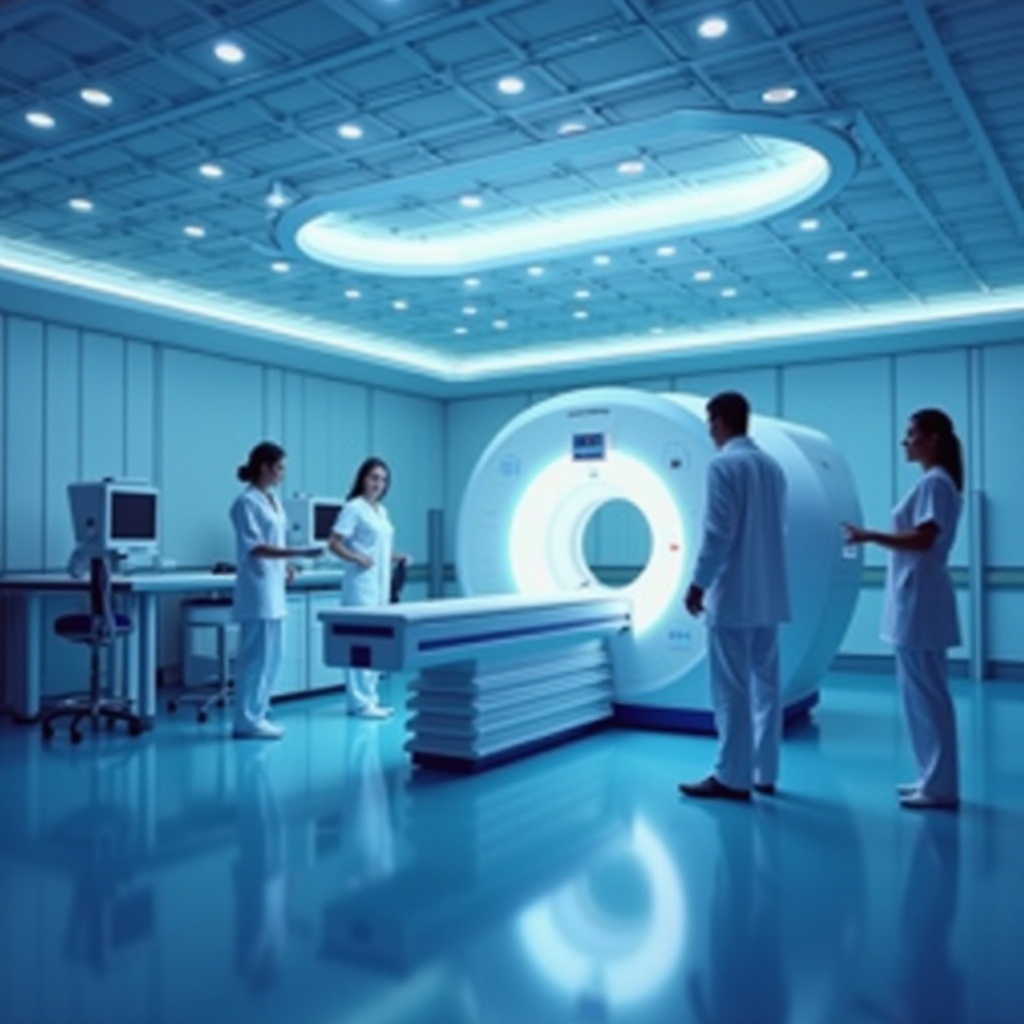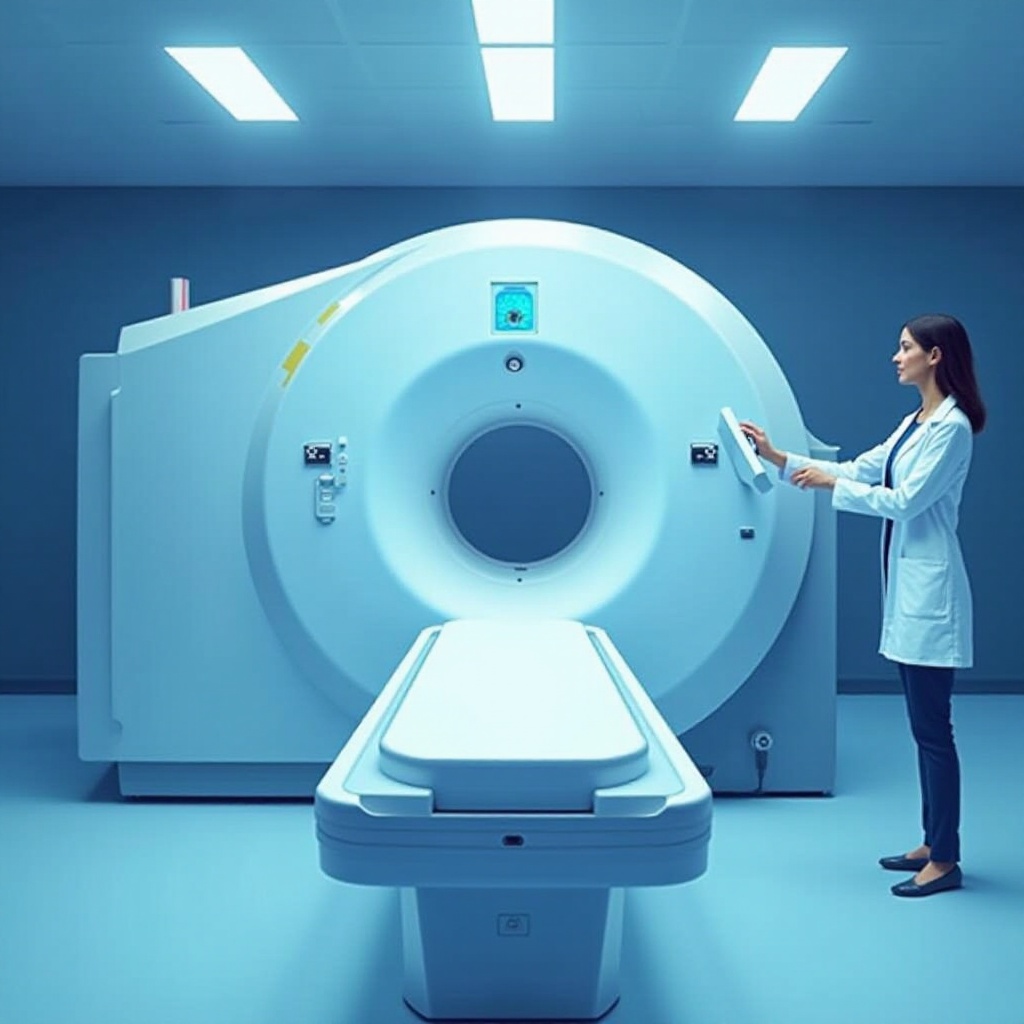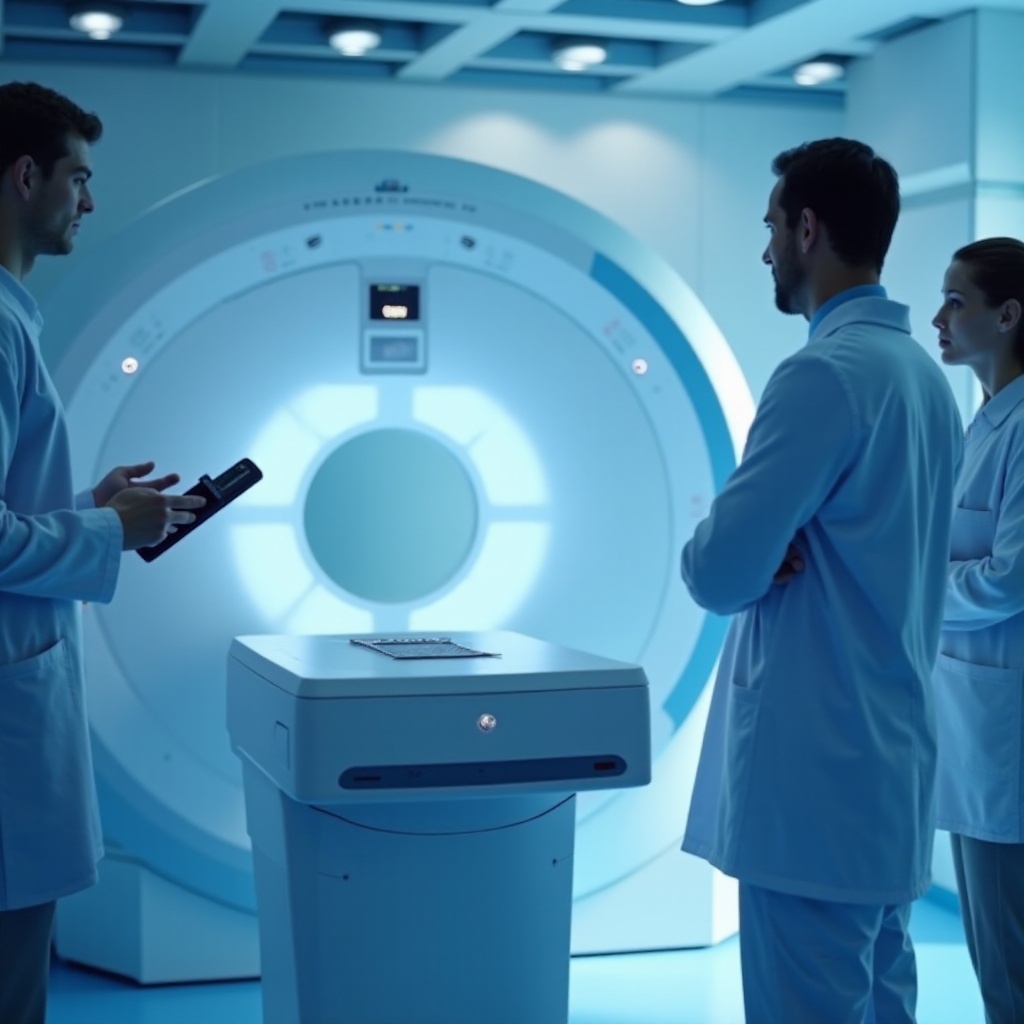Introduction
CT (Computed Tomography) scanners have revolutionized the field of medical imaging. Among various brands, General Electric (GE) stands out for its innovation and reliability. GE CT scanners are extensively used for diagnosing numerous conditions, enabling healthcare professionals to deliver precise patient care. This guide explores everything you need to know about GE CT scanners, including their key features, technological advancements, clinical applications, and factors to consider when purchasing one.

What is a CT Scanner?
A CT scanner, sometimes known as a CAT scanner, uses X-ray technology to create detailed images of the inside of the body. These images help doctors diagnose and monitor diseases such as cancer, cardiovascular diseases, and infectious diseases. The scanner rotates around the patient, capturing cross-sectional images which are then compiled by a computer to produce a comprehensive image of the targeted area.
CT scanners have become indispensable in modern medical practice due to their accuracy and speed in capturing images. Differing from traditional X-rays, CT scans can image bones, soft tissues, and blood vessels simultaneously, providing a multifaceted view of the patient’s anatomy.
General Electric’s Leadership in CT Scanner Technology
General Electric has been a pioneer in medical imaging technologies for decades. Their commitment to R&D has consistently pushed the boundaries of what is possible in diagnostic imaging. The company’s CT scanners are well-regarded for their high-quality imaging, reliability, and innovative features that enhance diagnostic precision.
GE’s leadership in CT technology manifests in various ways, from the introduction of the first spiral CT in the 1990s to advancements in multi-detector CT scans. Their scanners are favored not just for their technical prowess but also for their ergonomic designs, ensuring patient comfort and streamlined workflow for radiologists.

Key Features of GE CT Scanners
GE CT scanners come loaded with features that set them apart from competitors:
- High Image Quality: GE CT scanners provide high-resolution images, essential for accurate diagnosis.
- Patient Comfort: Ergonomic designs that reduce noise and speed up scan times.
- Advanced Software: Proprietary software that enhances image quality and aids in complex diagnostics.
- Dose Reduction Technology: Innovations such as ASiR (Adaptive Statistical Iterative Reconstruction) reduce radiation exposure without compromising image quality.
These features make GE CT scanners a preferred choice in hospitals and diagnostic centers worldwide. Their capability to deliver fast, precise imaging translates into better clinical outcomes and enhanced patient care.
Innovations in GE CT Scanners
General Electric has introduced several groundbreaking innovations in the field of CT imaging. Notable advancements include:
- Revolution Apex: This model offers outstanding imaging performance with spectral imaging capabilities, which enhance tissue characterization and reduce artifacts.
- Artificial Intelligence Integration: GE leverages AI to automate and streamline imaging processes, improving workflow efficiency and diagnostic accuracy.
- Smart Subscription Services: Continuous software updates ensure that the scanners always operate with the latest features, extending their lifecycle and enhancing performance.
- Portable CT Solutions: GE has introduced compact, mobile CT scanners that can be used in a variety of clinical settings, expanding access to high-quality imaging.
These innovations reflect GE’s commitment to leading the industry with cutting-edge technology while addressing the practical needs of healthcare providers.
Clinical Applications of GE CT Scanners
The versatility of GE CT scanners allows them to be used in a wide range of clinical applications:
- Oncology: Detect and monitor tumors with high precision.
- Cardiology: Perform detailed heart imaging to diagnose conditions like coronary artery disease.
- Neurology: Image the brain and spine to diagnose strokes, brain injuries, and spinal disorders.
- Trauma and Emergency: Quick, detailed imaging to assess injuries and guide treatment decisions.
- Orthopedics: Evaluate bone fractures, joint disorders, and other skeletal issues.
The detailed images provided by GE CT scanners enhance diagnosis accuracy and treatment planning, significantly impacting patient outcomes.

Purchasing Considerations for GE CT Scanners
When considering the purchase of a GE CT scanner, it’s essential to evaluate several factors:
- Clinical Needs: Assess the types of imaging and diagnoses commonly performed at your facility.
- Budget: Consider both the initial purchase cost and ongoing maintenance expenses.
- Space: Ensure you have adequate space to house the scanner and accommodate patient flow.
- Training and Support: GE provides extensive training for their CT scanners to ensure optimal use; ensure your team is ready for this.
- Future-Proofing: Choose a model that will remain relevant as imaging technology evolves, including upgrade paths or subscription services for software updates.
Making an informed decision on a CT scanner purchase can significantly impact your facility’s diagnostic capabilities and patient outcomes.
Conclusion
General Electric continues to set the standard in CT scanner technology through a combination of advanced features, innovative designs, and a commitment to improving patient care. Whether you are looking to upgrade your facility’s imaging capabilities or invest in the latest diagnostic tools, GE CT scanners offer a comprehensive solution. Their reliability, high image quality, and innovative advancements make them an excellent choice for healthcare providers aiming to deliver top-tier diagnostic services.
Frequently Asked Questions
What is the lifespan of a GE CT Scanner?
The average lifespan of a GE CT scanner is between 7-10 years, although this can vary depending on usage and maintenance.
How often should GE CT Scanners be serviced?
GE recommends servicing CT scanners annually, alongside regular maintenance checks to ensure optimal performance and longevity.
Are GE CT Scanners compatible with existing healthcare IT systems?
Yes, GE CT scanners are designed to integrate smoothly with most healthcare IT systems, including PACS and electronic health records, ensuring seamless workflow and data management.
